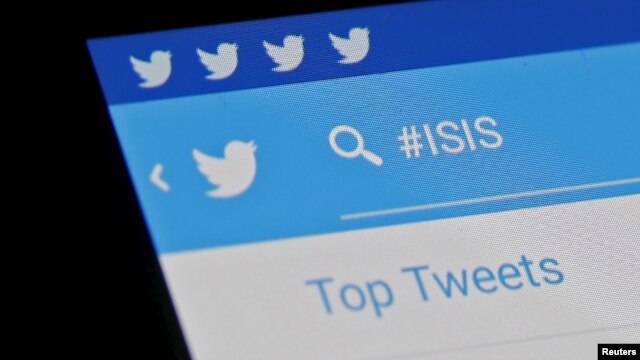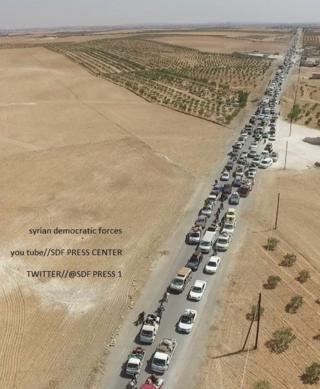ISIS Sympathizers Trolled With Porn on Twitter
WARNING: NFW
I love it when hackers use their powers for good.
Perhaps they should turn their keyboards toward the NRA or Trump.
WARNING: NFW
I love it when hackers use their powers for good.
Perhaps they should turn their keyboards toward the NRA or Trump.




